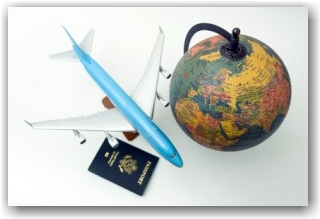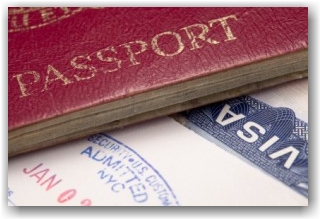Employer Roadmap to Filing a Successful H-1B Petition
Monday, January 21st, 2019
Now is the time for employers to prepare for a successful 2020 H-1B filing season. You’re probably wondering how best to go about this, given the complexities that arose relative to specialty occupations, degrees and wage issues last year. Please note that USCIS has complete discretion whether to deny a case outright or issue a Request for Evidence (RFE). We cannot stress strongly enough the importance of planning and developing strong documentation in support of your case. In so doing, we recommend that you carefully consider and document the below points, as follows:
- If employee has a US master’s degree from a public or non-profit nationally accredited university, apply under the Master’s cap. You can do so whether or not the offered position requires a master’s or bachelor’s degree. The degree, transcript and evidence that the University is public, non-profit and accredited must now be submitted to the Department of Labor with the Labor Condition Application
- It is critical to show the nexus between the offered position’s job duties and the degree requirement
- Select the O*NET code and OFLC Wage level carefully so that the actual wage is reflective of a specialty occupation requiring a degreed professional. Be cautious about Level 1 entry-level wages. We advise paying a higher wage, or be prepared to explain why the position is both entry level and qualifies as a specialty occupation. You may wish to obtain an expert opinion for the latter
- Consider whether the prospective employee will consular process outside the US or do they qualify for a change of status? It’s best to consular processing to preserve OPT if valid beyond October 1st, and to file a change of status case if OPT expires prior to October 1st to protect work authorization under the “cap gap” policy (travel should be avoided in this scenario during case processing)
- To establish that a job qualifies as a specialty occupation under USCIS regulations, one or more of the following criteria must be met with supporting documentation: (1) A bachelor’s or higher degree or its equivalent that is normally the minimum entry requirement for the position; the required degree must be related to the position to be filled.; or (2) The degree requirement is common to the industry, or in the alternative, the position is so complex or unique that it can be performed only by an individual with a degree; or (3) The employer normally requires a degree or its equivalent for the position; or (4) The nature of the specific duties is so specialized and complex that the knowledge required to perform the duties is usually associated with the attainment of a bachelor’s or higher degree.
We are uncertain at this time if USCIS will implement a designated H-1B Cap Pre-Registration lottery process for employers in time for this filing season. USCIS stated that this would reverse the order by which the agency selects H-1B petitions under the cap and the advanced degree exemption with the end goal being to increase the number of beneficiaries with master’s or higher degrees from US universities. We will continue to provide updates on this as more information is released.
We would suggest that another strategy for securing the talent that you need in your organization is to consider processing a PERM Labor Certification case with the Department of Labor that is not subject to lottery selection. This can be done for a prospective employee inside or outside the USA or for your F-1 OPT employee as a backup to your H-1B filing, creating a direct path to permanent residency.
Our office is available to assist you with your case filing strategy and case submissions. We are already in planning mode. We can be contacted at info@immigrationcompliancegroup.com



